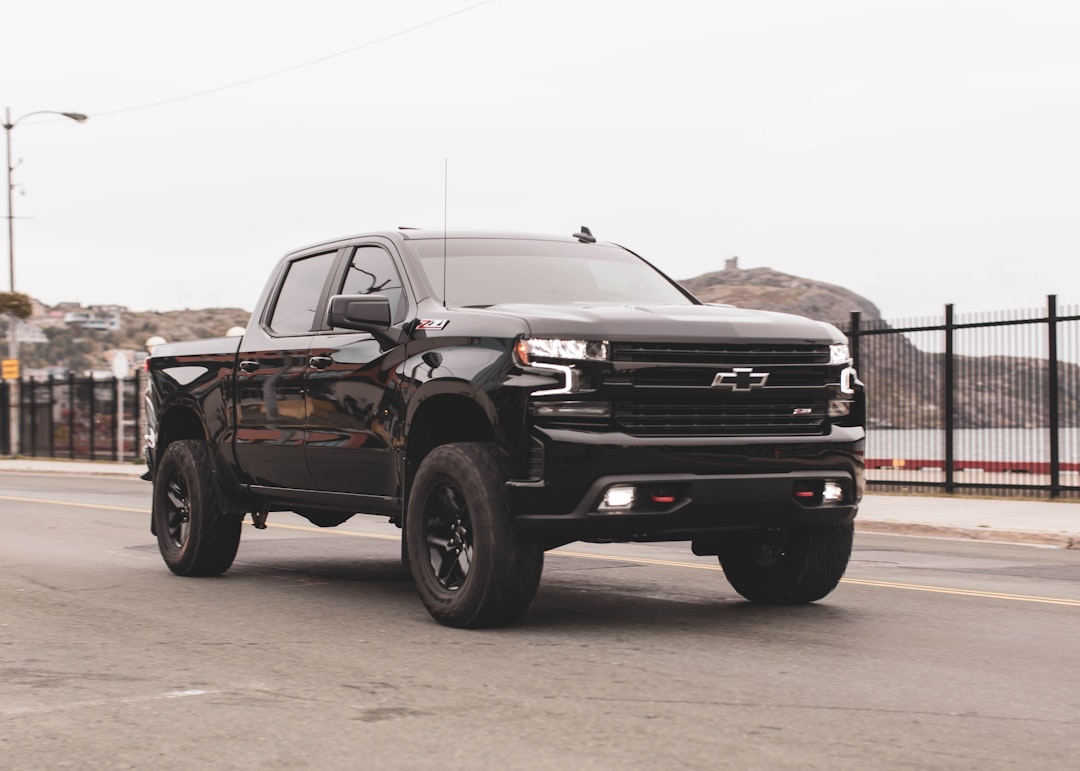Table of Contents
A commercial vehicle is a truck, bus, or other vehicle used for commercial purposes. This typically means that the vehicle transports goods or people for a fee. Commercial vehicles are often larger and more powerful than regular passenger vehicles. This is because they are typically used to transport heavy loads or travel long distances. A commercial truck such as a semi, dump truck, or box truck is typically heavier and larger than passenger trucks. Commercial trucks are used to deliver goods to retailers, move construction materials, and transport hazardous materials.
Due to the power and size of many commercial trucks, drivers must obtain a commercial driver’s license to operate. This specialty license ensures that drivers of these larger vehicles are skilled and knowledgeable. Let’s take a closer look at commercial truck driving requirements.
What are the requirements for a truck license?

To drive a commercial motor vehicle in the United States, a driver must first have a valid commercial driver’s license (CDL). Commercial trucks are classified as vehicles used for the transportation of goods. Because they are larger and heavier, they require a different type of license to be operated safely. This license allows them to operate commercial trucks and buses.
Qualifications for commercial driver’s licenses vary with each state. However, there are universal standards that apply to most situations. To qualify for a CDL, drivers must be at least 21 years old and pass a written and practical test. The tests measure a driver’s knowledge of commercial motor vehicle operation. They usually cover many topics, including how to safely drive a large truck or bus, properly load a vehicle, and handle hazardous material.
A CDL driver must also have adequate insurance coverage. Like a regular vehicle, most states and the FMCSA require liability coverage for commercial trucks. However, depending on the nature of your business, you might also want to explore other coverage options to protect your truck and company. Getting a truck insurance quote from different insurance companies will help you find the best coverage.
In order to keep everyone safe on the road, commercial truck drivers are required to follow certain rules and regulations. These include obeying the speed limit, using their turn signals, and keeping a safe distance from other vehicles. While these regulations apply to all drivers, the fees and ramifications of infractions can sometimes be more severe for commercial truck drivers and others with a commercial license.
What is the difference between a regular license and a CDL?

A regular license and liability insurance is required to operate a passenger vehicle or light truck. As discussed, a CDL is required to operate a commercial motor vehicle. A commercial motor vehicle is defined as a vehicle that is used to transport goods or people for hire and has a gross vehicle weight rating of more than 26,000 pounds. This means that if you are using a vehicle to transport goods or people for hire, you must have a commercial license. This includes vehicles such as tractor-trailers, buses, and garbage trucks. If you are caught driving a commercial motor vehicle without the proper license, you could face serious penalties.
The rules are slightly different when you rent a box truck or moving truck, as your regular auto insurance and driver’s license will be sufficient. Even if you require a commercial box truck rental, you do not need a CDL in most situations. Most of these types of trucks don’t have a weight rating of more than 26,000 pounds.
If you have a commercial driver, it is important to stay up-to-date on the latest safety regulations. The Federal Motor Carrier Safety Administration is responsible for setting and enforcing safety regulations for commercial motor vehicles. The FMCSA updates its regulations regularly, so it is important to make sure you are familiar with the latest rules to keep your license current.

